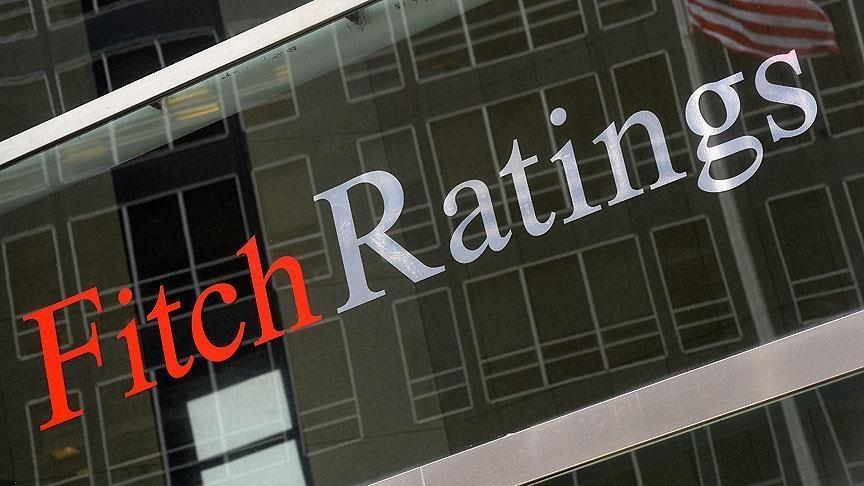

By Anadolu Agency
ISTANBUL
Quantitative tightening by the US Federal Reserve, the European Central Bank (ECB) and the Bank of England (BoE) is reducing the supply of reserves in their respective banking systems, Fitch Ratings said Thursday.
This increases the risk of reserve scarcity, which would put upward pressure on money market interest rates relative to policy rates, a rating agency report said.
Central banks try to avoid this risk by not reducing the supply of reserves too much, “committing to end balance-sheet reduction before reserves become scarce,” it said.
“They are also strengthening ‘ceiling’ facilities where they lend reserves to banks at the policy rate.”
In addition, central banks could avoid these risks by keeping reserves supply abundant, according to Fitch.
“But they are under pressure to shrink their balance sheets to reduce their market footprint, stem financial losses and create space for possible future quantitative easing purchases,” it noted.
Fitch reminded that quantitative easing had pushed reserves to “abundant” levels, but as reserves are now falling due to quantitative tightening, banks’ marginal valuation of holding reserves for precautionary purposes could become significant.
We use cookies on our website to give you a better experience, improve performance, and for analytics. For more information, please see our Cookie Policy By clicking “Accept” you agree to our use of cookies.
Read More